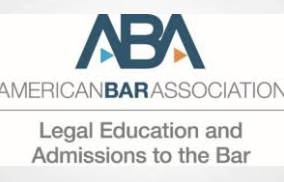Attorneys general from 21 states have called on the American Bar Association (ABA) to revise its diversity standards for law schools in response to a recent U.S. Supreme Court decision, Reuters reported.
The attorneys general argue that the current standards conflict with the court’s ruling, which deemed race-conscious admissions policies in higher education unconstitutional.
In a letter sent to the Council of the ABA’s Section of Legal Education and Admissions to the Bar, the group of Republican attorneys general, led by Tennessee Attorney General Jonathan Skrmetti, expressed their concerns. They emphasized that the ABA’s accreditation requirements for law schools to promote diverse student bodies, faculty, and staff violate the Supreme Court’s June 2023 ruling. The Court held that such race-conscious admissions policies breach the U.S. Constitution’s equal protection clause.
The attorneys general noted that while the Council has been discussing potential amendments to the diversity requirements, the proposed changes would still compel law schools to choose between accreditation and compliance with the law. “By requiring explicitly illegal consideration of race, the ABA is working hard to burden every law school in America with punitive civil-rights litigation,” the letter stated.
The Supreme Court’s decision, which struck down affirmative action policies in college admissions, has significant implications for institutions of higher education across the country. The ruling determined that using race as a factor in admissions decisions is unconstitutional, fundamentally altering the landscape of diversity initiatives in academia.
In response to the letter, Jennifer Rosato Perea, the managing director of ABA accreditation and legal education, acknowledged the Council’s ongoing efforts to revise the diversity standard. Perea indicated that the Council plans to adopt recommendations during its meeting in August.
“Recommendations adopted by the Council are subject to a notice and comment period, and this input will be reviewed consistent with the process in which the Council considers any change in legal education standards,” Perea said in a statement.




